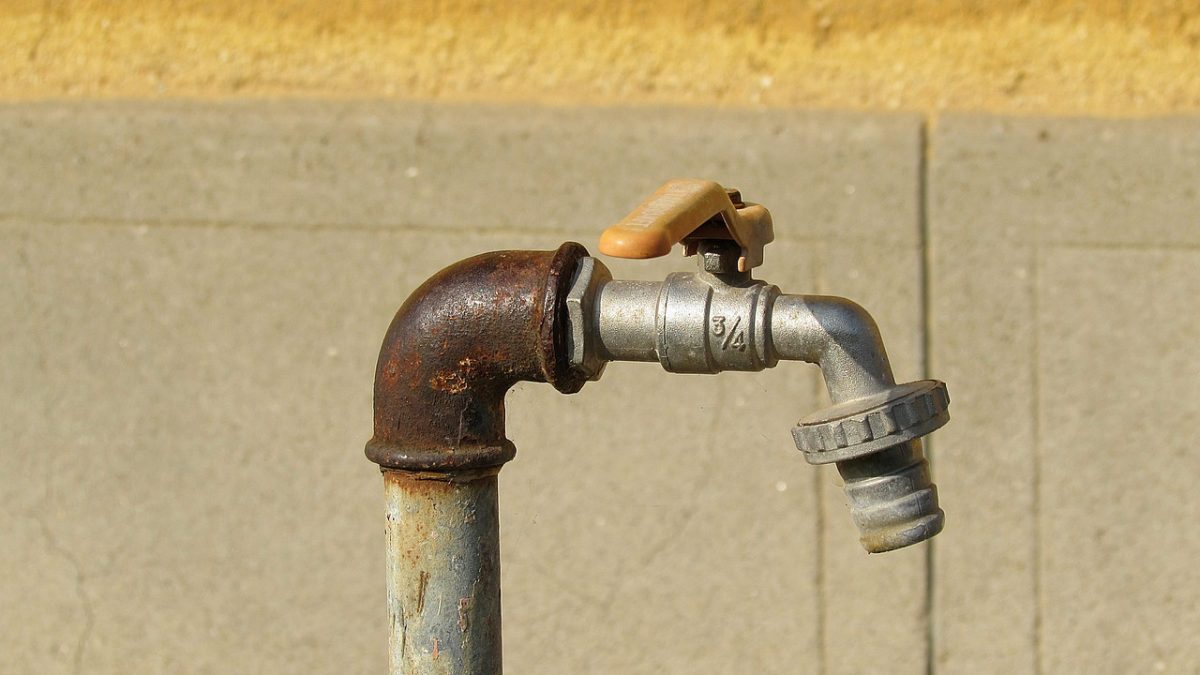Households throughout Croatia are supplied with safe drinking water through public water systems, so they can drink it from the tap, without the need to use bottled water out of fear of being infected with coronavirus. However, this good news, published by the Croatian Institute of Public Health (CIPH), regards to 86% of citizens, but not those without the access to the public water supply, which is a common situation in rural areas, especially the less populated, poor and those in the mountains.
Local water supply systems present the greatest risk because water delivered to consumers is untreated, and often without disinfection, which may cause it to be undrinkable and overall unsuitable. That is the reason why Ombudswoman Lora Vidovic asked the Ministry of Health and CIPH whether they have any information regarding the possible locations where water unsuitable for human consumption from local water supply systems has been detected, as well as what has been done in such situations, in the context of the epidemic prevention.
From the Ministry of Environment and Energy and Croatian Waters public company she also requested information regarding the ongoing reform of the water utility sector and the number of active local water supply systems, as well as information about the locations and the cost of water from the tanker trucks, as an alternative supply source for the water from unsafe sources.
Having in mind the fact that nearly one fifth of the citizens live at risk of poverty, and given the importance of maintaining adequate hygiene as a precaution against coronavirus infection, it is positive that in 2019, Ombudswoman’s recommendation regarding the protection of citizens when their water supply is suspended due to non-payment of bills, was accepted. Accordingly, conditions and criteria for suspension/restriction of water delivery, as well as the prescription of the minimum guaranteed amount which cannot be withheld, necessary to protect the health and dignity of poor citizens, are now included in the the Water Services Act .


